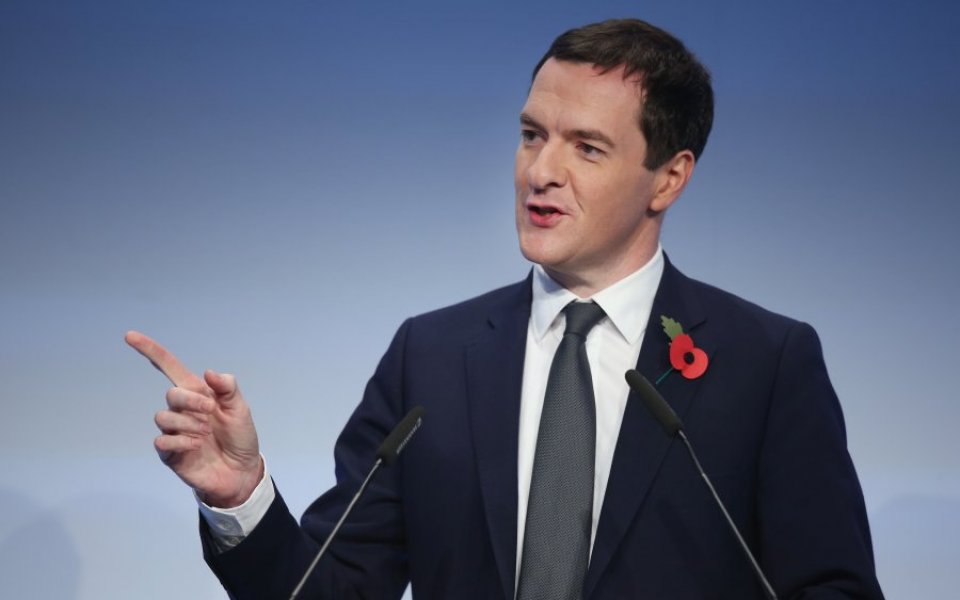Autumn Statement 2015: George Osborne bails himself out with a u-turn on tax credit cuts

George Osborne rowed back on controversial and unpopular cuts to tax credits – but admitted that the U-turn will be offset by an £11.6bn raid on British businesses.
The chancellor also avoided potential pitfalls such as having to make cuts to the police force, after an unexpected £53.2bn jump in expected tax receipts over the course of this parliament.
Boosted by an improved fiscal picture, Osborne revealed £28.5bn in tax hikes, led by a 0.5 per cent “apprenticeship levy” on employers’ payrolls. It will apply to companies that spend over £3m a year remunerating staff.
Other tax hikes include an extra three per cent on stamp duty for people who buy properties in order to rent them out, or as second homes, expected to pull in £3.8bn.
The government’s fiscal watchdog warned that some of the new taxes would be likely to hold down wages. “The ongoing costs of auto-enrolment and the introduction of an apprenticeship levy will weigh on earnings growth,” the Office for Budget Responsibility (OBR) said. “We assume that most of the cost will ultimately be borne by employees.”
Business groups were unimpressed by the details behind the apprenticeship levy, which was first mooted in Osborne’s summer Budget four months ago.
Read more: TfL loses billions in Spending Review
“The chancellor cannot pretend the apprenticeship levy is anything but a payroll tax – and aconsiderable one,” said Seamus Nevin from the Institute of Directors.
Manufacturing group EEF slammed the levy as a “blunt instrument”. Its chief exec Terry Scuoler said:
This cannot be a simple numbers game where businesses are clobbered to pay for apprenticeships.
Roy Maugham of City accountants UHY Hacker Young added: “The plans further complicate the tax system. Businesses will worry that, as we’ve seen with the banking levy, this is bound to increase in future.”
Changes to the UK’s business rates structure gained a more positive response. The chancellor extended rates relief given to small firms, while confirming that councils and elected mayors will be given the power to cut or raise rates.
Osborne also chucked a bone to companies that operate in energy-intensive industries such as steel and chemicals, exempting them from certain environmental taxes. And 26 new enterprise zones – which provide firms with rates relief and stripped-down regulation – will be either created or extended.